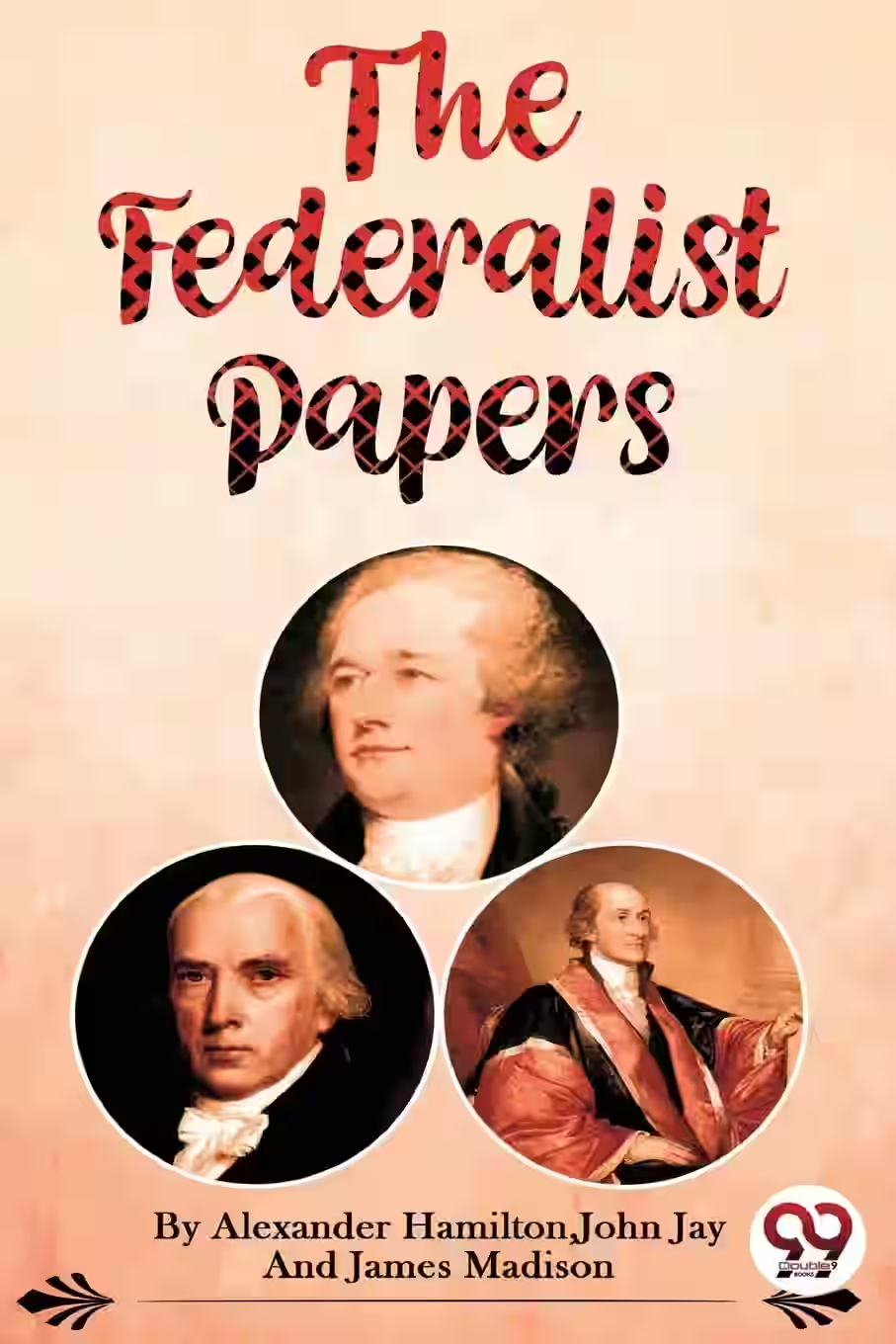John Jay
John Jay was an American statesman, diplomat, and Founding Father who played a pivotal role in shaping the early United States. He served as the first Chief Justice of the U.S. Supreme Court (1789–1795), where he helped establish foundational judicial principles. Jay was also a key author of The Federalist Papers, alongside Alexander Hamilton and James Madison, promoting ratification of the Constitution. As a diplomat, he negotiated the Treaty of Paris (1783), which ended the Revolutionary War, and later the Jay Treaty (1794) with Britain. His leadership extended to state politics as governor of New York. Jay championed unity, order, and justice.

In 'The Federalist Papers,' a collection of essays penned by Alexander Hamilton, James Madison, and John Jay, the authors fiercely advocate for the ratification of the United States Constitution, defending its principles and addressing concerns about its implementation. Touching on key themes like the benefits of a strong central government, the importance of checks and balances, and the dangers of factions, this influential work laid the groundwork for interpreting the Constitution and understanding the intentions of the framers. With eloquent arguments and profound insights into political philosophy, 'The Federalist Papers' remains a vital resource for students of American history and government.